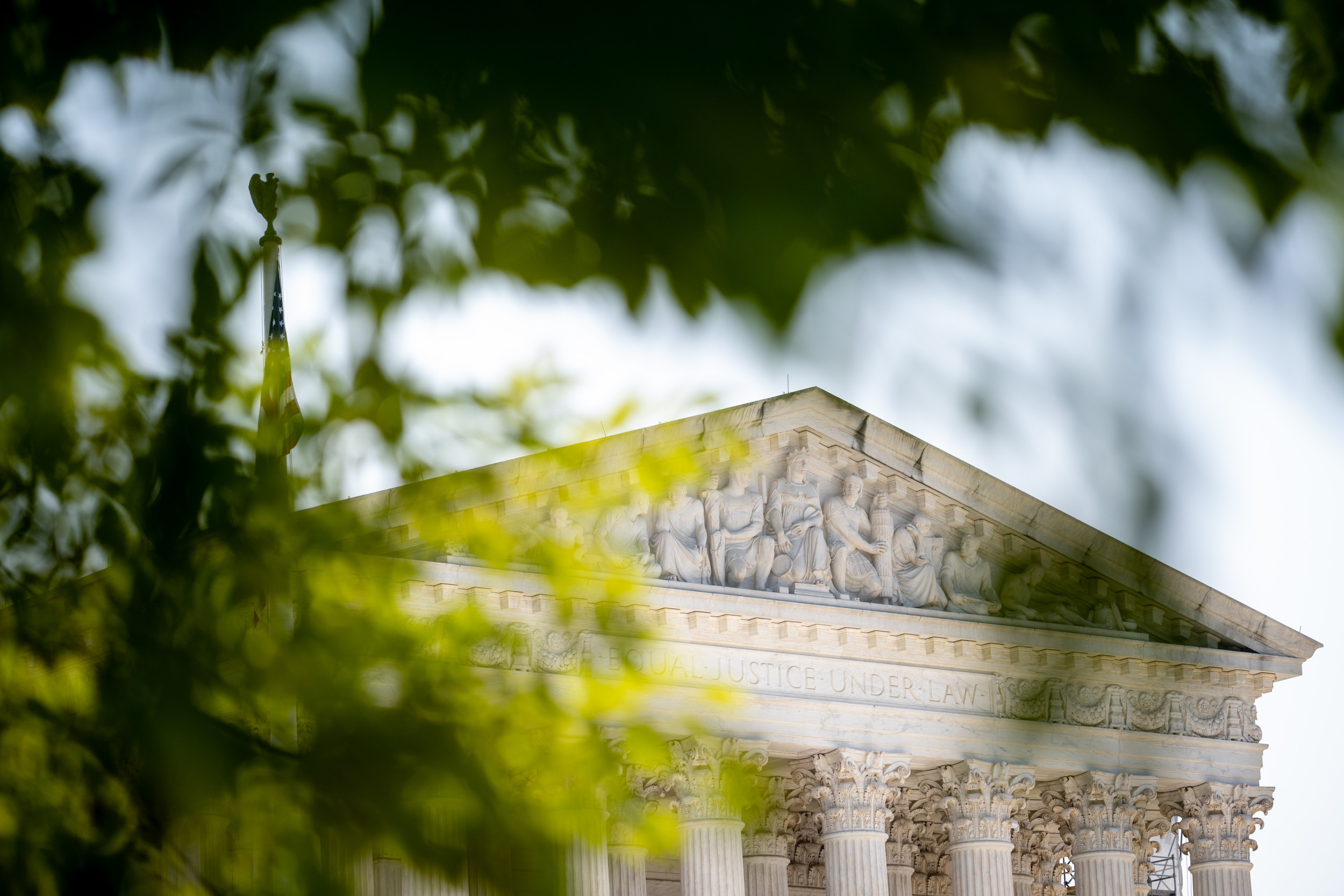The recent decision by the U.S. Supreme Court granting a president virtually unlimited powers and immunity marks a troubling milestone in a broader global trend. Supreme courts in various countries are increasingly overstepping their traditional roles, adopting political positions, and imposing the visions of a select group of “enlightened” individuals. While the judiciary is intended to check the excesses of other branches of government, recent examples from the U.S., Spain, and Brazil illustrate a dangerous overreach that threatens the balance of power and democratic governance.
The U.S. Supreme Court’s decision to shield the president with virtually unlimited powers and immunity is a stark example of judicial overreach. This ruling not only undermines the principle of checks and balances but also sets a perilous precedent for executive power. By granting the president such sweeping authority, the Court effectively erodes the foundational democratic principle that no one is above the law.
This decision is the culmination of a series of controversial rulings that have increasingly aligned the Court with specific political ideologies. The judiciary, which is supposed to act as an impartial arbiter, is becoming a battleground for political agendas. The implications are profound—the judiciary’s credibility is compromised, and the public’s trust in the Court’s ability to act as a neutral guardian of the Constitution is eroded.
In Spain, the Supreme Court’s refusal to accept legislation passed by parliament granting amnesty to Catalan politicians seeking independence exemplifies another facet of judicial overreach. Unlike the U.S. case, where the Court expanded executive power, the Spanish Supreme Court is directly challenging legislative sovereignty.
This overreach is not about deeming the law illegal, which would be within the Court’s prerogative, but about subverting a sovereign legislative decision with bits of Spanish nationalism and an attempt to curb any further attempt of Catalan independence by going after the movement’s leaders, such as former President of Catalonia Carles Puigdemont, who is still living in exile in Belgium.
This action undermines the democratic process, where elected officials are supposed to represent the will of the people. When the judiciary steps beyond its role and starts to interfere with legislative decisions, it poses a significant threat to the democratic fabric of the nation—and Spain is not exactly known for respecting the wishes of its population, particularly when it comes to Catalans or Basques.
In Brazil, the Supreme Court has played a critical role in preventing a coup d’état similar to the one attempted by Trump on Jan. 6, 2021. However, the Court’s increasing involvement in political affairs, including legislating and adopting police powers, raises serious concerns. While the Court’s intervention was crucial in safeguarding democracy during a critical moment, its continued foray into the political arena is problematic.
Andrew Harnik/Getty Images
Ministers such as Alexandre de Moraes were paramount in preventing a pro-Bolsonaro coup on Jan. 8, 2023, where thousands of the former president’s fanatic supporters stormed the buildings of the Supreme Court, Congress, and the presidential palace, creating havoc, destroying objects, and aiming to destroy the fabric of Brazilian democracy with the support of sectors of the army and police.
But the continuation of measures that can be seen as exceptional also puts Brazilian democracy at risk, with ministers adopting special powers to patrol social networks, censor content, and adopt the powers of investigators, judges, and jury.
The judiciary must protect democratic institutions without becoming a political actor itself. By taking on roles traditionally reserved for the executive and legislative branches, the Court risks undermining its own legitimacy and opens itself up to criticism from extremists because in the end, it oversteps its prerogatives.
The credibility of the judiciary is essential to its authority. When courts become politicized, public trust in their decisions declines, leading to a crisis of confidence in democratic institutions. The separation of powers is a cornerstone of democratic governance, and judicial overreach disrupts this balance, resulting in power struggles between branches of government and weakening checks and balances.
Democracy is at risk when judicial actions undermine democratic processes. While courts must defend constitutional and human rights, even against majority opinion—such as Brazil’s Supreme Court guaranteeing abortion rights despite public opposition—democracy involves protecting minority rights through dialogue. Problems arise when ideology influences courts to override other branches’ decisions arbitrarily, disenfranchising voters and distorting governance.
Democracies face the challenge of balancing judicial independence with accountability. Supreme courts should act as checks on government branches without overstepping their authority. There is a growing call, including from constitutional law professor Conrado Hübner Mendes at the University of São Paulo, for a code of ethics for the Brazilian Supreme Court to clarify conduct and improve public perception. Additionally, mechanisms for judicial accountability, such as transparent appointment processes and performance reviews, are crucial without compromising independence.
Public understanding of the role and limits of supreme courts is also vital. Ultimately, democracy is threatened not only by the rise of far right and authoritarian leaders but also by a lack of accountability and ethical standards within state powers, perpetuating radical discourses in a damaging cycle.
Raphael Tsavkko Garcia is a Brazilian journalist and editor based in Belgium. He holds a PhD in human rights from the University of Deusto (Spain).
The views expressed in this article are the writer’s own.
